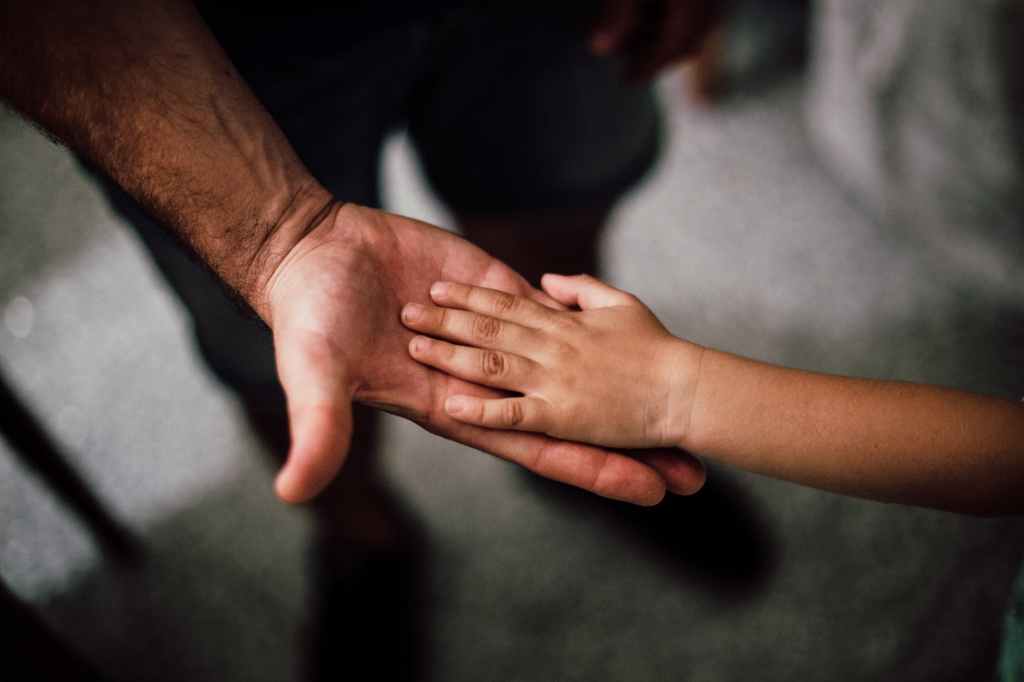Child sexual abuse is rampant throughout the world. In India, it is reported that a child is sexually abused every 15 minutes. However, it is clear how there is a general reluctance to talk about this topic so the real number could be much higher. What these statistics actually portray is how common and wide-spread the problem is and how important it is that all of us talk about it. In an alarming number of cases, the perpetrator is somebody the child knows (which could be neighbours, relatives or even direct family members). You can imagine why that would make the situation more difficult to address, right?
Sexual Abuse, however common is a traumatic event that can have lasting effect on one’s life and the feelings may be pronounced when the survivor is a mere child. Firstly, let us assert that whatever the circumstances were – it wasn’t the child’s fault.
As a victim, one could feel shame, anger or even stupidity for not reacting the correct way but in situations of such nature, our body can sometimes freeze, we might not know how to react or we could be afraid to respond. In most cases of child sexual abuse, the child realizes the gravity of the situation later in life when they get older. This is when they might freak out as their initial reaction was different to what they are feeling right now.
The real scenario can be far more complicated as observed in this video but the essence is to understand that you are not alone. Prevalence of abuse against boys and its lack of awareness- makes it even more difficult for boys who are victims to acknowledge or talk about it. So next time, someone jokes about abuse or specifically of men being abused- make sure you tell them why it’s not funny or that you are uncomfortable with this type of humour. Let’s start with first, keeping in check what we and our friends say.
It takes immense courage and trust for a survivor to share their story with you and one wrong reaction/comment on your part could affect them massively.
Understand that there is no ‘right’ way to deal with how one feels. Every survivor could react in their own unique way, which may include-
- Feeling of shame, humiliation or embarrassment often compels them to keep it the secret of abuse for months, years or sometimes never revealing the same. This is exceptionally prevalent for male victims because male sexual abuse is often not as talked about but the statistics for the same are equally alarming.
- Developing coping mechanisms that could range from healthy options like journaling, art or harmful ones like drug, alcohol abuse, self-harm. Even sexual habits could vastly differ, i.e. some survivors may be uncomfortable with any sexual contact while some could seek sexual connections in a bid to feel in control.
- Feeling afraid or fearing the consequences is no way wrong. This can come from many reasons such as threat from the abuser, fear that people won’t believe or even troubled thinking about consequences especially if the family knows the abuser.
You have to remember to respect and understand any choice of coping. Your reaction can impact them either immediately after the assault or many years after it. If a victim shares their experience with you, listen to them without judgment and assist them in figuring out what they need. You should encourage them to seek help if possible but do not nag or suggest that there is ‘correct’ way to react to the situation.
Whether the abuse happened recently or years ago, it can still impact daily functioning- hence one should always be mindful of how we react and what we say. This could be difficult time for everyone involved so do not hesitate to seek help from professionals.

NOTE: Refer to this list of affordable mental health practioners in India for people who have difficulty accessing therapy. https://docs.google.com/document/d/1uEeTDdu58z8nVLbBG8o1qY2xbOhlb9TRVx5COnw2ZiQ/edit?usp=sharin

